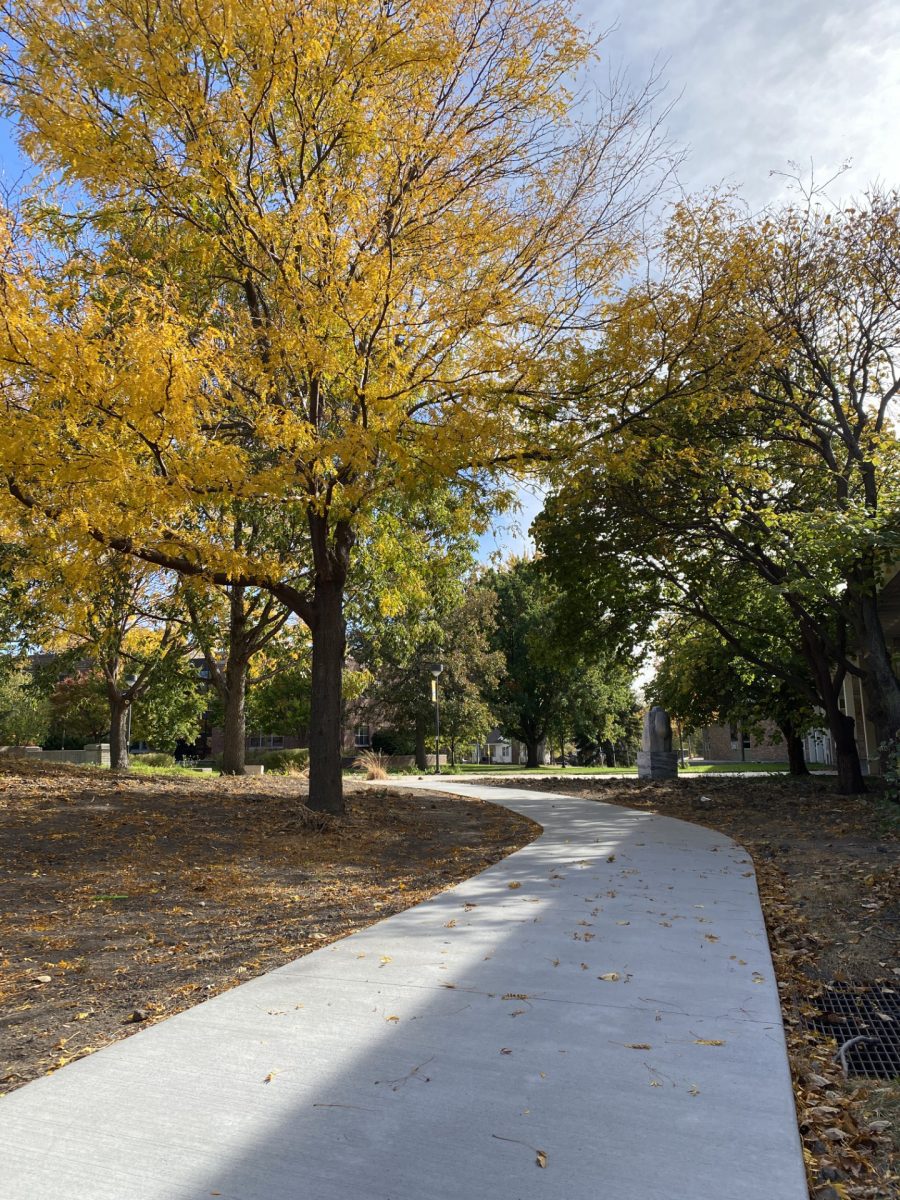delgadosandovals@lopers.unk.edu
In the hushed corridors of self-reflection, a curious phenomenon lingers for many in our social landscape: the enigmatic ailment known colloquially as the “weekend blues.” While the workweek’s relentless demands are momentarily lifted, the arrival of Saturday and Sunday unveils a paradoxical emotional landscape for some – a terrain where the air of liberation is tainted by a subtle yet palpable melancholy.
As one delves into the labyrinth of the human psyche, seeking the elusive reasons behind this emotional state provides varied answers. At the heart of the matter lies the cacophony of expectations that accompany the weekend, those two ephemeral days when joy is supposed to reign supreme. In a world where curated Instagram feeds broadcast a ceaseless parade of seemingly idyllic weekend escapades, the disconnection between expectation and reality can breed a subtle, lingering discontent.
The silent hum of the weekend, it seems, magnifies the internal orchestra of unresolved questions and quiet yearnings. As we begin shedding the armor of routine, the reflective moments, uninvited and often unwelcome, surface. The silence is no longer the companionable hush of a library but a canvas onto which the mind projects its unspoken anxieties.
The transition from a busy week of classes and social activities to a less structured weekend can sometimes lead to stress. If you’re not accustomed to the sudden change in routine, it might create a sense of unease. Weekends can be a time when social activities decline, and you might find yourself spending more time alone. If you’re missing social connections or feeling isolated, it can contribute to feelings of loneliness and sadness.
College students often experience academic stress, and the weekend might be a time when pending assignments, exams or the anticipation of the upcoming week can weigh heavily on your mind. For students living away from home, weekends can sometimes trigger feelings of homesickness. The absence of family and familiar surroundings might contribute to a sense of sadness or longing.
In the kaleidoscope of college life, where weekdays pulsate with lectures, deadlines and the constant hum of campus energy, weekends unfold as a paradox—a respite that, for some, carries the weight of unexpected melancholy. The student, armed with textbooks and dreams, finds themselves navigating a labyrinth where the echoes of solitude can become deafening. Yet, within the quiet corners of the weekend, there exists a roadmap to confront and conquer the specter of depression.
Loneliness can be a formidable companion during the weekend’s quieter moments. Actively seek out social interactions, whether it’s joining a club, attending campus events, or simply reaching out to friends. Building and maintaining connections can provide a vital anchor, fostering a sense of belonging and support.
Creating a semblance of structure can be instrumental in managing weekend depression. Develop a routine that blends moments of relaxation, social engagement and personal pursuits. Having a plan not only adds purpose to your weekends but also serves as a hedge against the aimlessness that can contribute to depressive feelings.
Self-care is not a luxury; it’s a necessity. Identify activities that nourish your soul and incorporate them into your weekend routine. Whether it’s reading a favorite book, going for a walk, or engaging in creative outlets, prioritize the practices that bring you joy and relaxation.
The curated snapshots of others’ lives on social media can sometimes amplify feelings of inadequacy or FOMO. Be mindful of your media consumption and remember that what you see is often a carefully selected highlight reel. Consider taking breaks from social media to cultivate a healthier mental space.
Inject spontaneity into your weekends by planning small adventures or outings. Whether it’s exploring a nearby park, trying a new restaurant or attending local events, these mini-adventures can break the monotony and infuse your weekends with a sense of novelty.
In the ebb and flow of college life, weekends stand as both an escape and a crucible. By approaching them with intention, cultivating connections and practicing self-compassion, you can transform the quiet canvas of the weekend into a space for personal growth, connection and the gentle unfurling of your own resilience. Remember, you are not alone in navigating this maze, and there is strength in seeking support and embracing the journey toward a brighter, more fulfilling weekend experience.
































